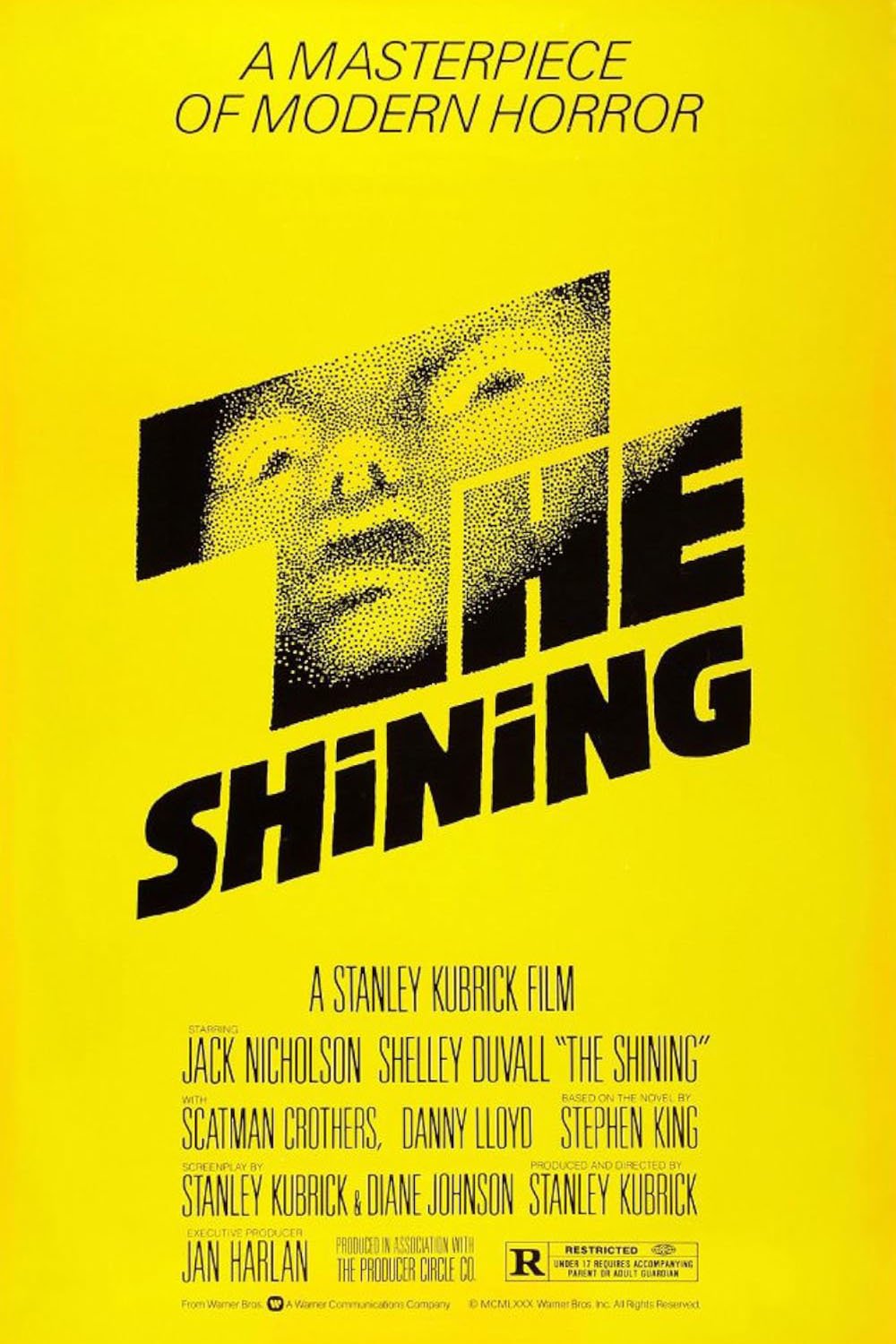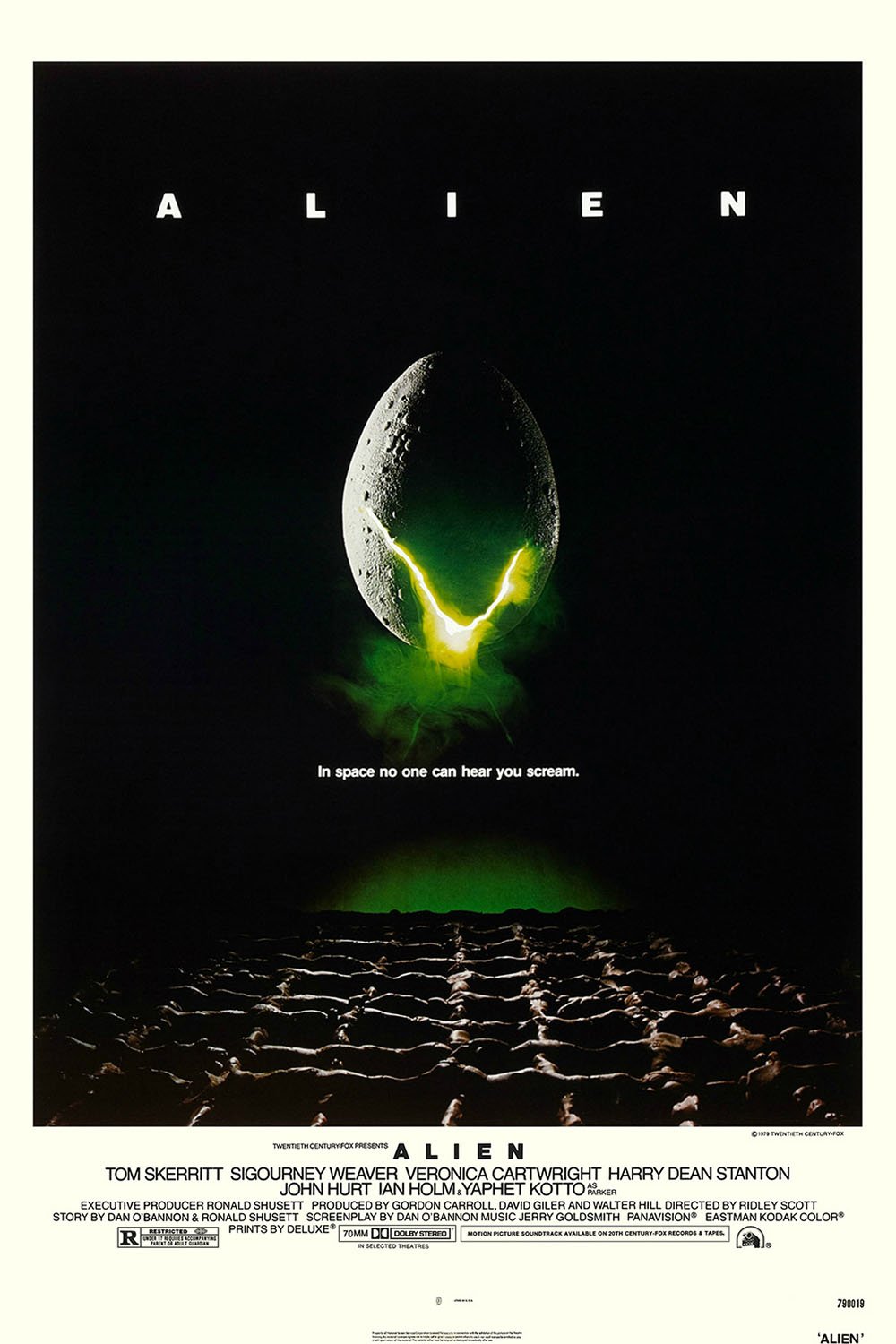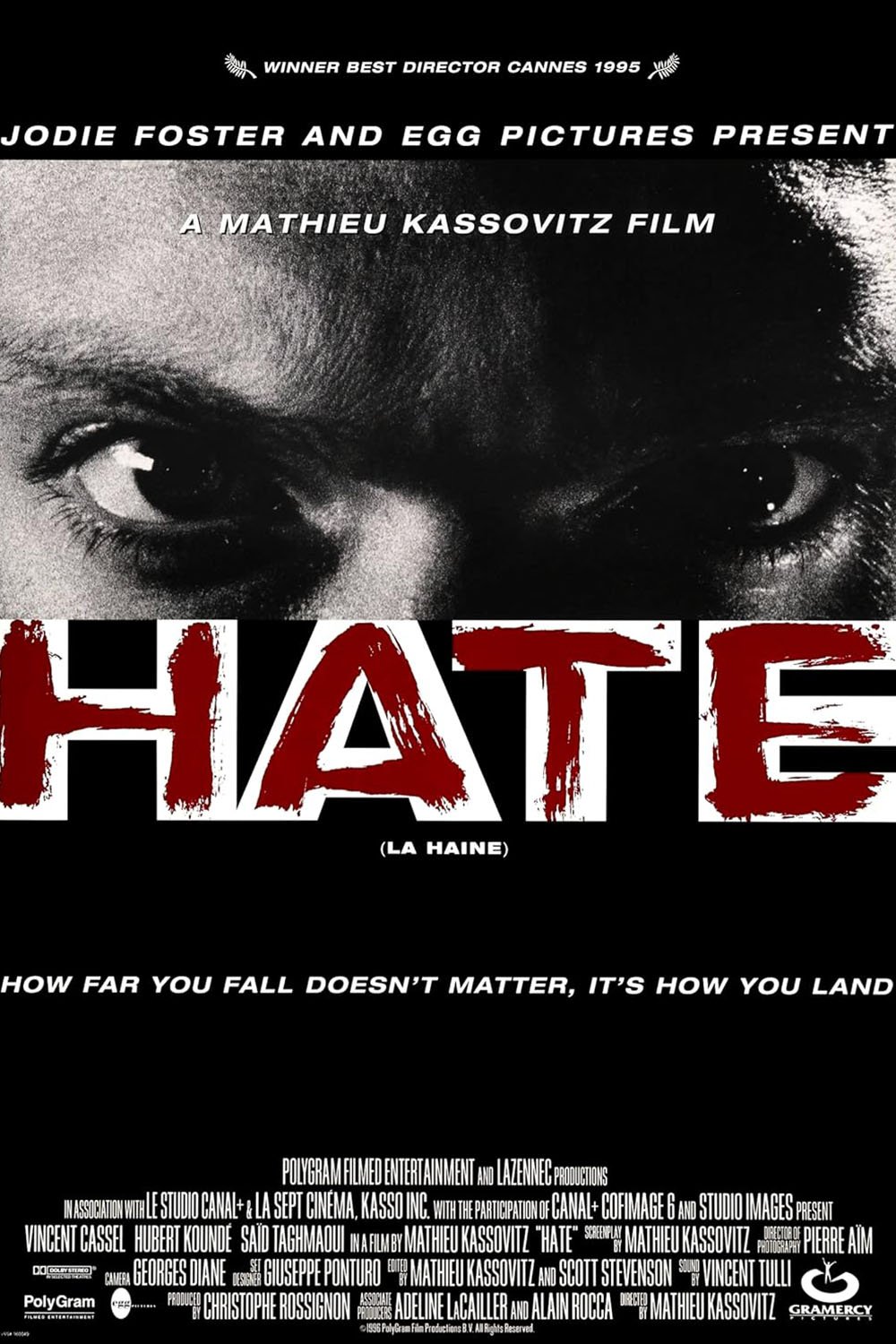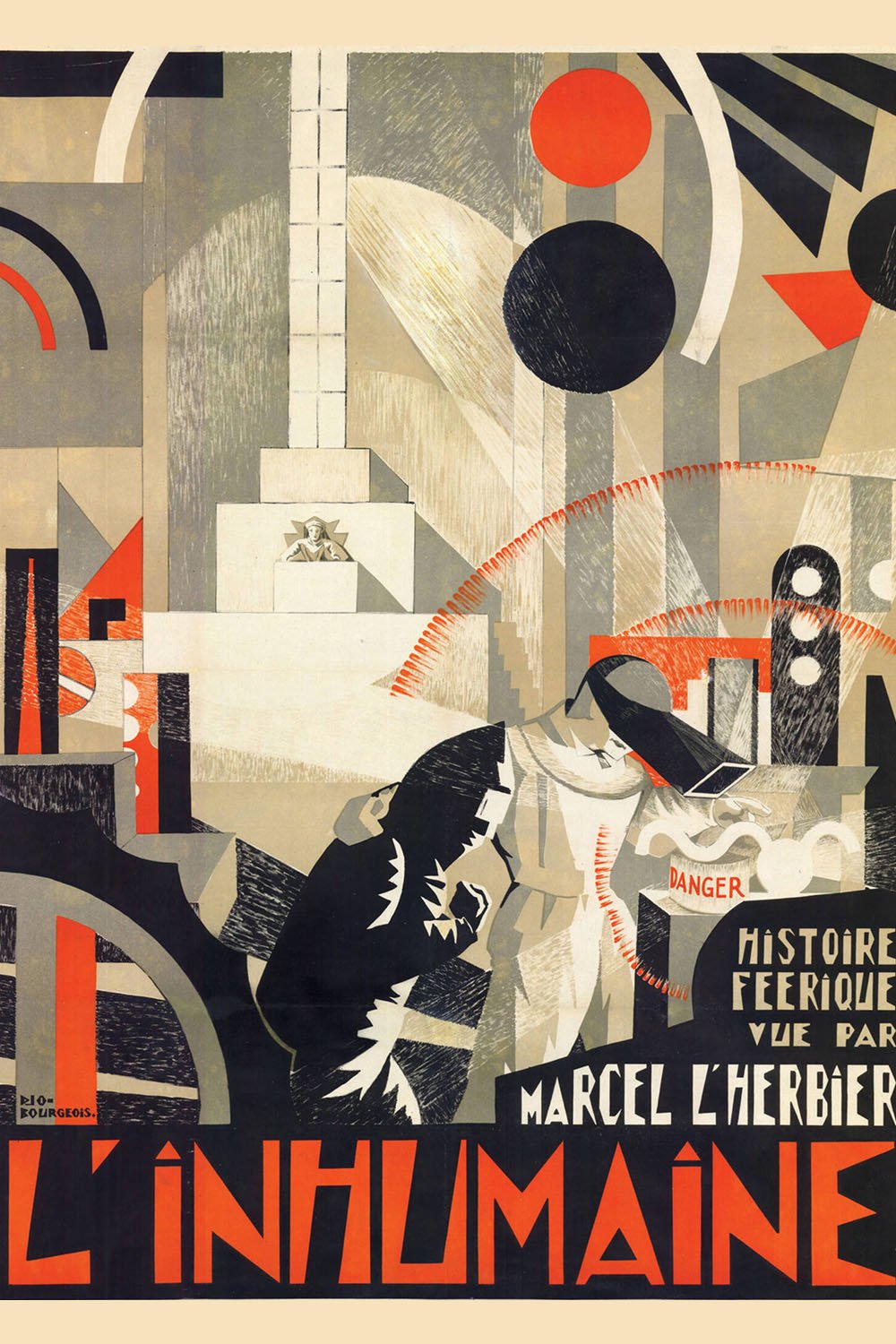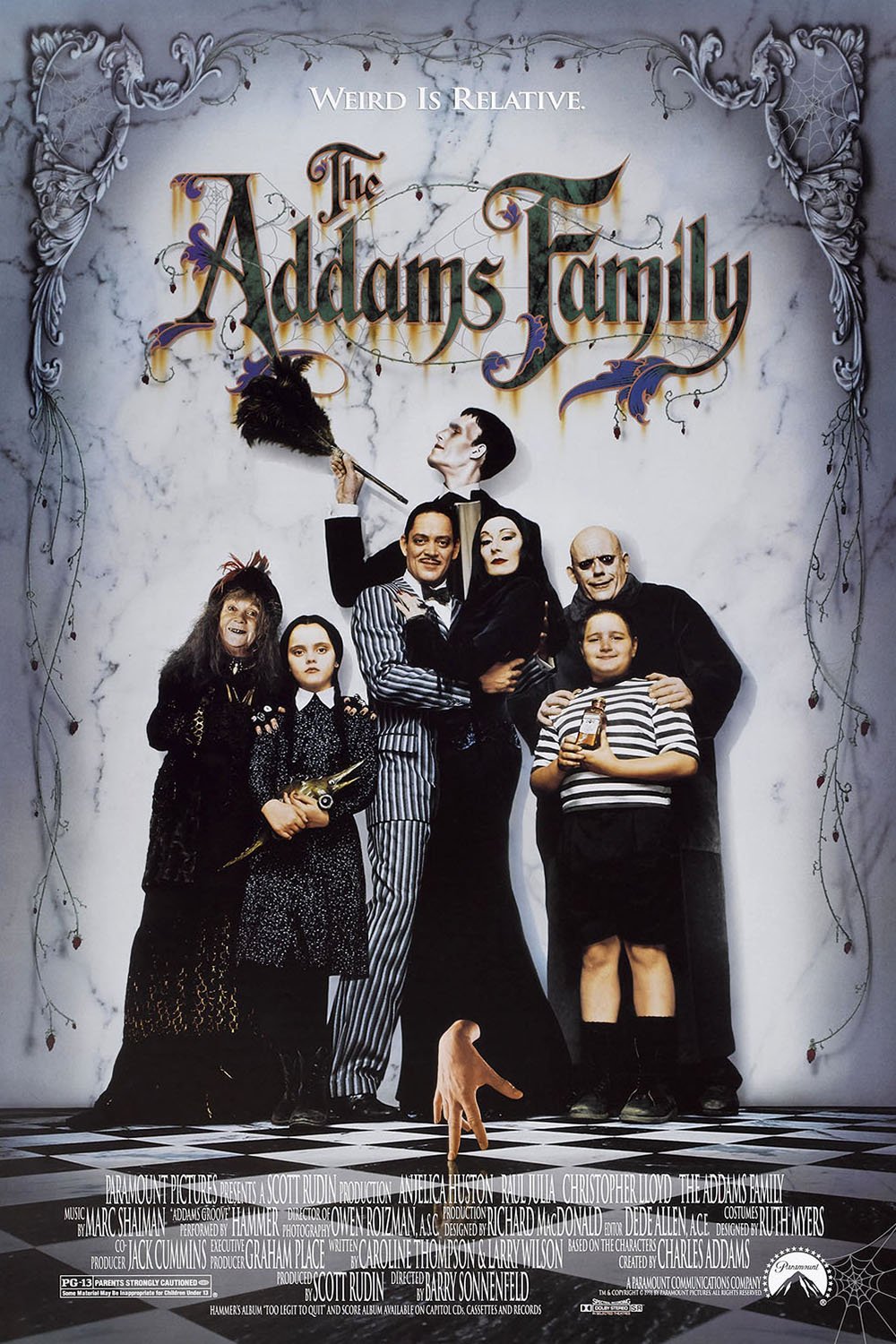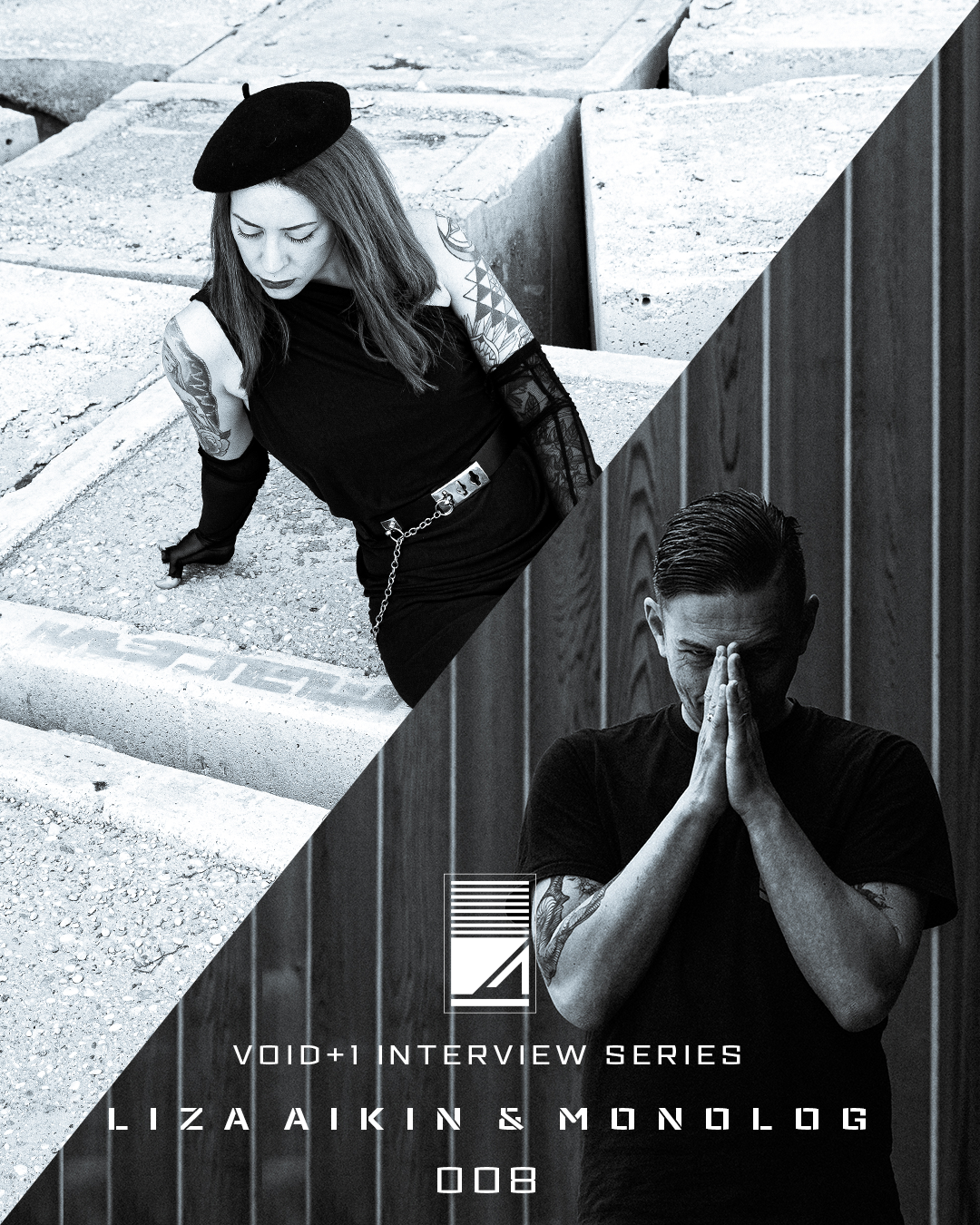
Original photo by Nicola Callegher / Claudia Grödke
Hailing from Northern Italy and Denmark, Berlin-based artists Liza Aikin and Monolog converge multiple genres and their distinct paths into a unique construct via a creative partnership; now embodied in the new EP “Omura”, released by Void+1. In the following interview we explore their backgrounds and the origin story of this release.
VOID+1: Hi Liza and Mads, happy to have you in our interview series. Let’s start with a short introduction from each of you as independent artists. Give us a bit of background. Where did you grow up, what led you to start making music and how has your journey as an artist evolved?
MONOLOG: I grew up in desolate northern Denmark with a lot of space to think and the brutal but beautiful nature surrounding me. My first stabs at music was playing guitar, in bands, on my own, slowly buying more and more hardware to accommodate where I wanted to go and what I wanted to sound like, most notable my first Akai S2800 sampler which changed my approach completely and led the way for my music being partially played and partially programmed which gave it a human aspect and the samplers and synth layering accommodating a more dystopian futuristic and unplayable aspect. I started working in the music instrument industry which took me to berlin through the houses of Native Instruments and Ableton. In Berlin I found a scene and a home in the heavy end of Drum and Bass for some years, and started passionately collecting field recordings of the city and where my music took me on the various continents. So wired into the technological forefront of instrument capacity I have always indulged in style experiments finding inspiration in destabilizing routines and refusing the lock myself into one type of music or production so my project also span over Jazz, Metal, Ambient and Hip hop and I guess that’s where my journey currently stands as a limitless all encompassing approach since the body needs all kind of vitamins, and so does your ears.
LIZA AIKIN: I grew up in Northern Italy in a small town near the mountains. Is as you imagine it, stuck in the past but beautiful to see.As a child I was playing the Violin, and was studying classical music. I suddenly decided to stop in my early teenage years, when It became too competitive and I understood I wasn’t the best violinist regardless. In regards to electronic music, I started to dig records and cds both techno and drum’n’bass later on and almost by chance started djing. I didn’t really have the master plan to be a great dj and come to Berlin. I just had to move, Berlin was the first option and I simply brought my passion with me. For years I wanted to produce my own music, but I felt I was too useless for the longest time, then Monolog taught me the basics, I than started to heavily devote my time into developing my skills with the aim to produce the kind of techno I was missing for my dj set. I had a clear vision of using as central part field recordings and the style developed from there. I was lucky enough to find many people that supported me during my career and made it possible to reach several goals I never expected would ever be possible.
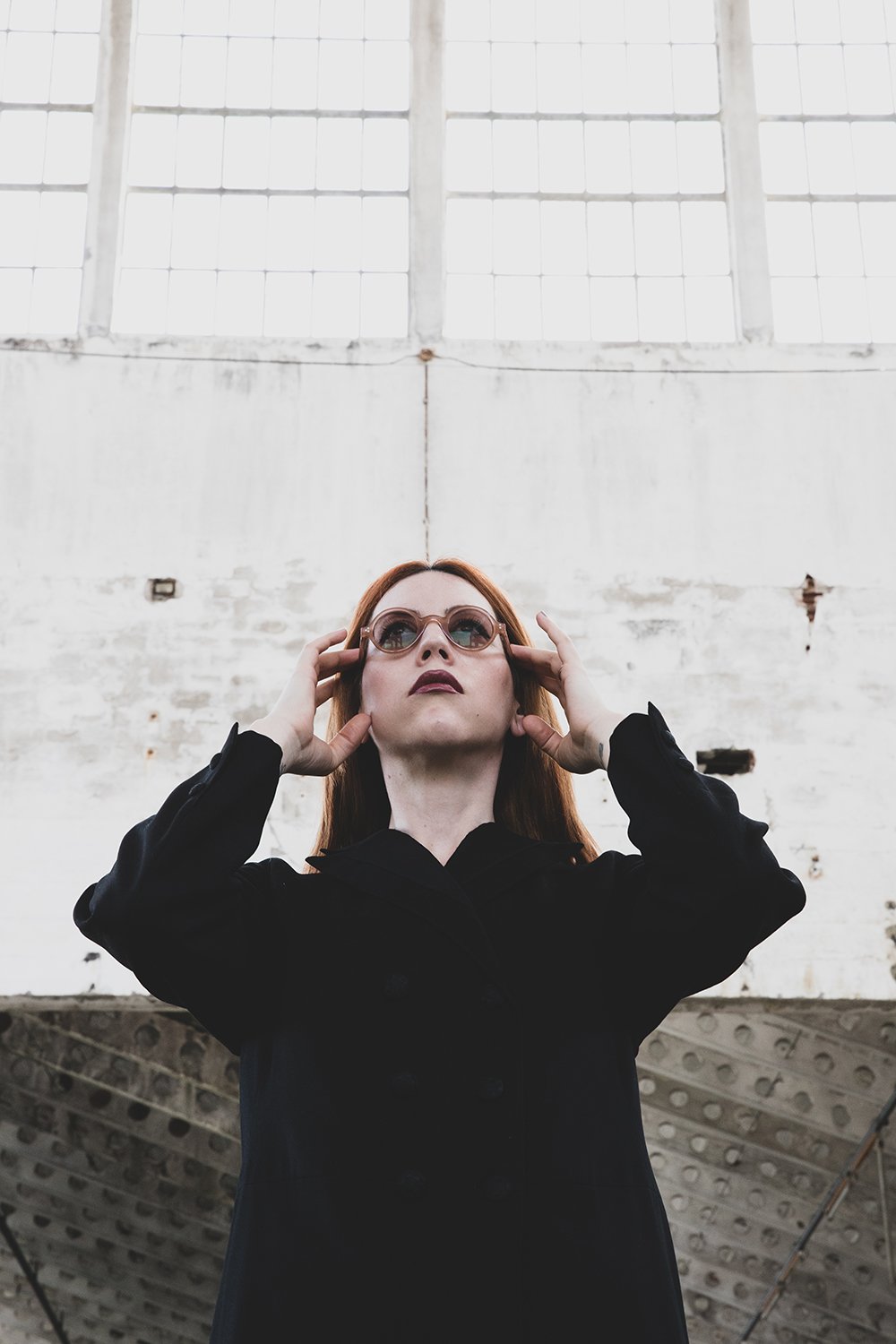
Photo by Nicola Callegher
What made you decide to start working together? We’re curious to hear the story of how you two met and how the decision for your collaboration came about in general.
M: We lived together for a about 10 years and also shared studio space. Liza has always been the big techno head in the house showing me a lot of styles, tunes and vibes I have not dipped into prior to this. It all felt quite natural sitting down shoulder to shoulder and writing something that spoke to both our frames of reference and we found a natural language for the music quite quickly with only few obstacles.
L: We previously released another Ep as collab on Evar Records, a label with names such as Venetian Snares, Aura-T, trick finger (John frusciante) . Because they gave absolute freedom style-wise we came up with this sort of mash up between the heavily technical composition of drum n bass, and the sound characteristics of cinematic techno. The release went well and this really motivated us on following up with more tracks.
Your latest EP, “Omura”, has just been released on our label. Tell us a bit about the creative process behind it and what did your daily routine look like while working on this EP.
M: We were sitting in a small galaxy of synths and drum machines with a huge library of field recordings and found sounds. We are both really quick in making some basic scaffolding of sounds on these machines focussed on building everything from scratch. Quite quickly some sparks started flying lowering the tempo of the tracks but adding the pressure of bassmusic. We also put quite some work into reducing the track count to avoid overloading the signal completely, but keeping enough to underpin a narrative and keep the story of the track changing over time. That, and endless amounts of coffee.
L: We specifically used a bunch of field recordings from home objects. Harnessing the natural reverb of for example a metallic object falling from a staircase, and many other. Then combined with analog reverb processing and recordings of old often non fully functional synthesizers, it gives a pretty interesting layout. Rather than just focusing on straightforward in the box production.
Collabs sometimes come with disagreements, were there any at all and how did you handle those whether we are talking about creative disagreements, visions or the setup?
M: Good question. I felt we operated with a right of veto. If one of us felt ‘fuck yes’ and the other felt ‘fuck no’ the yes person would bow out, since it was important for both of us that we 100% could stand behind the finished work. In most cases the no sentiment came with good reasoning we discussed and adjusted elements accordingly. This way everything was turned, tested, analyzed and only adopted when waterproof.
L: Yes it can happen given different producers have different ways of making music. That’s what makes it interesting in the first place, a potential learning opportunity. In our case we combine very different styles which require lots of adjustments to make the music work well, so reasoning and understanding it’s fundamental.
If we were to enter your studio, what would we find? Are you oriented more towards hardware, digital, or the combo? If you don’t mind, list some of your favourite tools and perhaps expand on why they are the “favourite”.
M: A Tsunami of synths and effects. I love the tactile aspect of making music and don’t mind the complexity and limitations of hardware. I found an old Korg DV800 in the trash where the ring mod function is a bit broken, and I love this synth since its serially made and there are many copies out there, but none of them sound like this since its defects is also the beauty of it that sets it apart. Same goes for my ‘tank strips’, which are 2 channels from an old console from the 50’s in New Zealand. They look like they have been dragged after a car but sound absolutely perfect and saturate drums and bass sounds like no plugin does. I love all the raw and particular gear, and how easy it is to chip off the rough edges in a digital environment and make it all come together with the array of digital instruments.
L: As monolog says a barrage of analog gear it’s the first thing you will notice when entering the room. Most noticeable is the Crumar ds2 which eventually makes it into most tracks . My personal favourite is the Virus T1 synth because of its unique features. It’s also very versatile in the sense that you can always make new sounds, I find often some synths can be imitating sound wise after years of use, but not this one . In terms of in the box favourites I really enjoy plugins especially for processing field recordings like duck to create sidechaining and the all eventide bundle must be my favourite to give it a edge in terms of space with reverb.
Do you have any interesting anecdotes to share, either from your gigs or studio sessions?
M: We both share an interest in life in the oceans, the intricate workings and evolution of biodiverse systems and how both powerful and fragile they are. This made our framework and titles lock in quickly. We are both documentary junkies trying to take in as much knowledge as possible and most track ideas started with ‘hey check this out, have you seen this’.
L: Exactly the tracks are named after sea creatures I think by chance the sound evokes some sort of ocean deep see feel. It could be exactly because of the amount of ocean documentary consumed at the time.
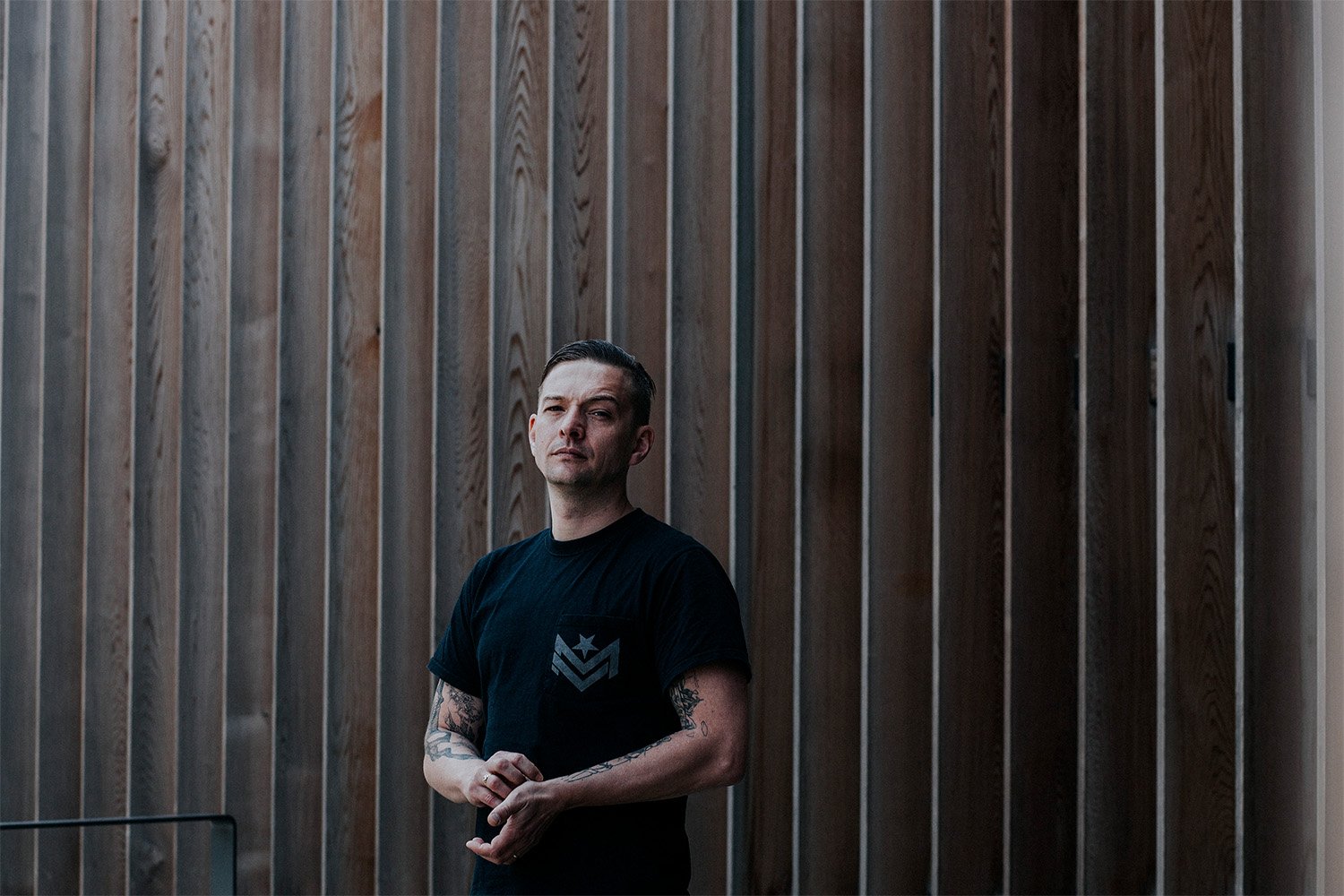
Photo by Claudia Grödke
How do you see your joint, or individual work fitting into the current state of the scene?
M: I’ve always been a bit sceptic when speaking of scenes since I rarely find myself belonging to one let alone contributing to one. I find that scenes deteriorate once they become too conform. And a scene needs conformity to give listeners, labels, artists and clubs a sense of belonging and expectation so in a way that’s a self imploding paradox. That always worked against my prerogative and I try to create something that does not yet exist, something that falls outside of expectation. So it has been really interesting to create music with Liza that is exactly on the edge of expectation, but also upsetting the scene formula’s in the process.
L: I am slightly confused about the current scene of techno. It seems that oftentimes there is more emphasis on online presence than music. I see incredibly talented producers getting little attention from music fans and only getting thumbs up from fellow producers. I hope that listeners will be more interested in the talent and skills that producers bring, rather than focusing on who is more loud online and eventually we will see more line ups based off that. For my part I wish to bring more live shows around not only because I enjoy it, but because I wish more people will appreciate this art … or at least be able to recognise that I am not djing wile I’m playing live. 😉
What’s the most interesting and enjoyable part of production for each of you? And which part would you happily delegate to minions if you could?
M: Drums, I love programming drums, finding layers that work together and pushing sounds around the grids for ever. Delegation would mean letting go of a part of the expression and I could not call myself owner of my process if there was any part of making music I had issues with. If I had that wall, I defeat it with education and motivate myself to learn to love the things I dislike.
L: The most enjoyable part is when you are about halfway done and finally you get that right synth line or melody that binds it all together. Very satisfying. But if I was to delegate something It would be mixing I guess. I do this while I am producing but often times you become too overwhelmed with the sounds you listened over and over again and are unable to make objective decisions, that are not motivated by “but I worked so hard on this sound it should be more central “ sometimes it’s just not the right way.
We like to explore artists’ interests beyond music, so is there anything else that brings at least a similar sense of fulfilment to you as production? Hobbies, collections, other branches of art?
M: I love skateboarding almost as much as making music. There is a mindset that goes with it, where all the shit lying on the street becomes a palette of your own creativity and something comes out of nothing. And apart from all the injuries a healthy body is a good home for a healthy soul. My perfect day is skating a couple of hours in the morning, then I have my head clear for sitting down and pushing hihats around all night.
L: I am an avid vintage clothing enthusiast and I collect vintage Thierry Mugler clothing specifically… it gives that blade runner aesthetic. I have quite an interest about the Victorian era and Industrial Revolution , and the futurist art movement, so you guess where the industrial sound that people often hear in my music comes from.
Since movies are one of our obsessions, we have a recurring question in all of V+1 interviews: Could each of you share your personal top 3 movies of all time?
M:
L:
You both live in Berlin now. Do you miss the places where you grew up? And how do you feel your heritage influences the music you create today, if at all?
M: I took over my parents house after they died in Denmark. And I find my best life is lived between my base in Berlin and the place in Denmark. Both places have something I need and feel stimulated by. Both places have a studio ready to go and both places I call home. And whether it is big nature in Denmark or big culture in Berlin I would not feel complete without any of these bases.
L: Missing it’s a big word I am lucky enough to be able to travel to my hometown whenever I want. But I often think one should do the best of whatever location you are settled in. Where is my studio it’s where my home is.I leaved near a noisy factory most of my life and visited my father where he worked which was again a very noisy factory (which I used to sample) so yes inevitably you can hear that influence in my art.
Our “Convergence” vinyl-series covers include some of V+1’s statements and missions, one of them being: “Escape The Oppression Of Mediocrity”. Many talented artists feel this strain of oversaturation of the mundane in one way or another within today’s scene. How would you advise your peers and emerging artists to deal with it?
M: Swim against the current, sabotage our own comfort, destabilize your ideas, dare to stand alone and find comfort and strength in solitude. Allow yourself to be your own worst critic but find a constructive outlet for this to avoid self loathing and creative paralysis. Very late in my life I discovered the opaque strategies by Brian Eno but I have found it encompasses much of my thinking here, that said – my goals are most likely not the same as yours. So the main point is find an entrance to your atlantis that works for you, in your context, with your goals and strive for being content, productive and disciplined and put in the hours of work to get there.
L: I would recommend my talented pears to not feel only demotivated by the way that the scene is working these days, but find motivation to keep going . I know it’s difficult to see some people reaching great success for the wrong reasons but you have to remember if you don’t push your work and push your pears we are doomed to be drowning in social media hype.I wish we could all help each other’s efforts and make the good non mediocre work emerge from the swamp.
Liza Aikin’s social media:
Monolog’s social media:
